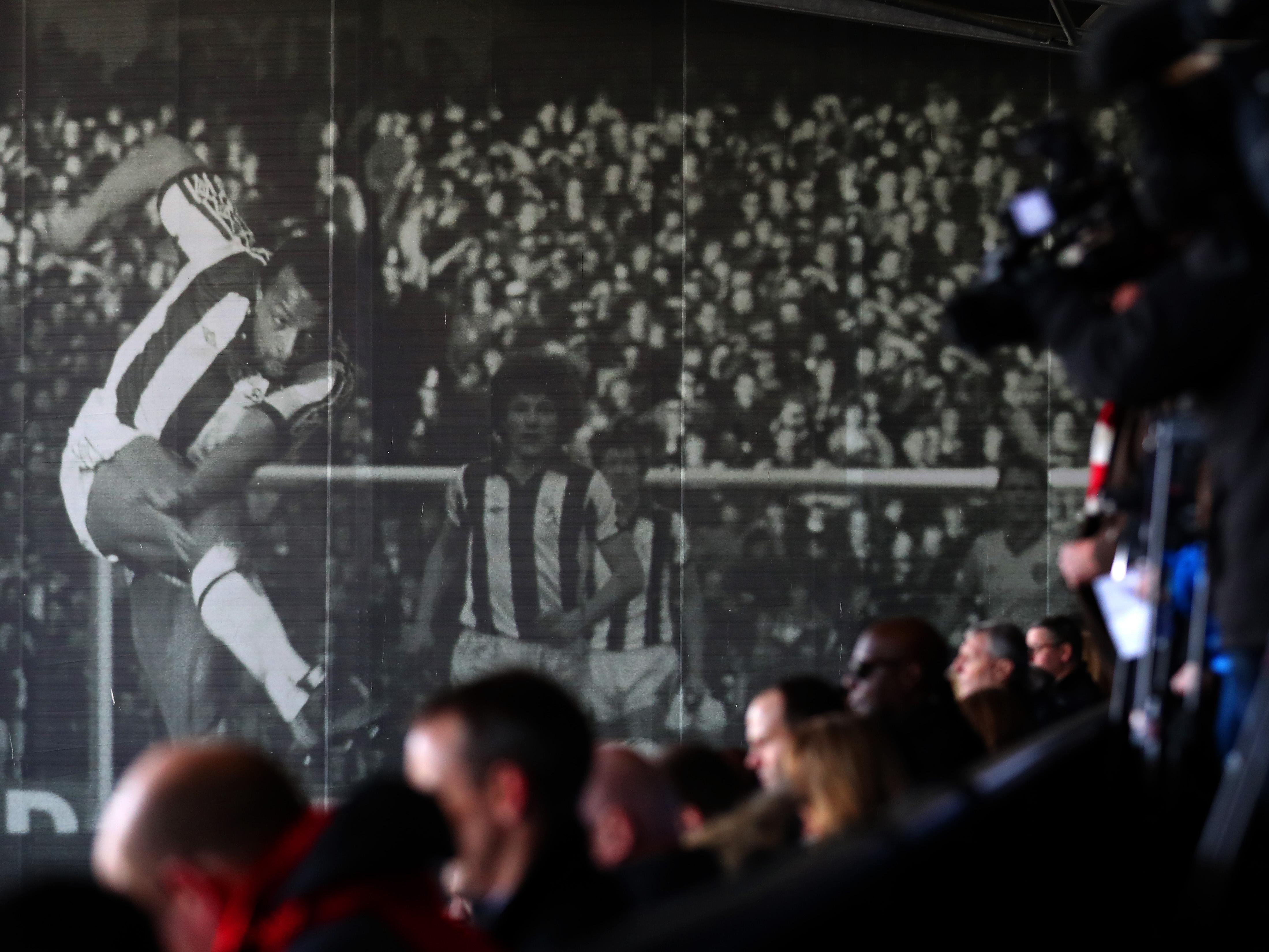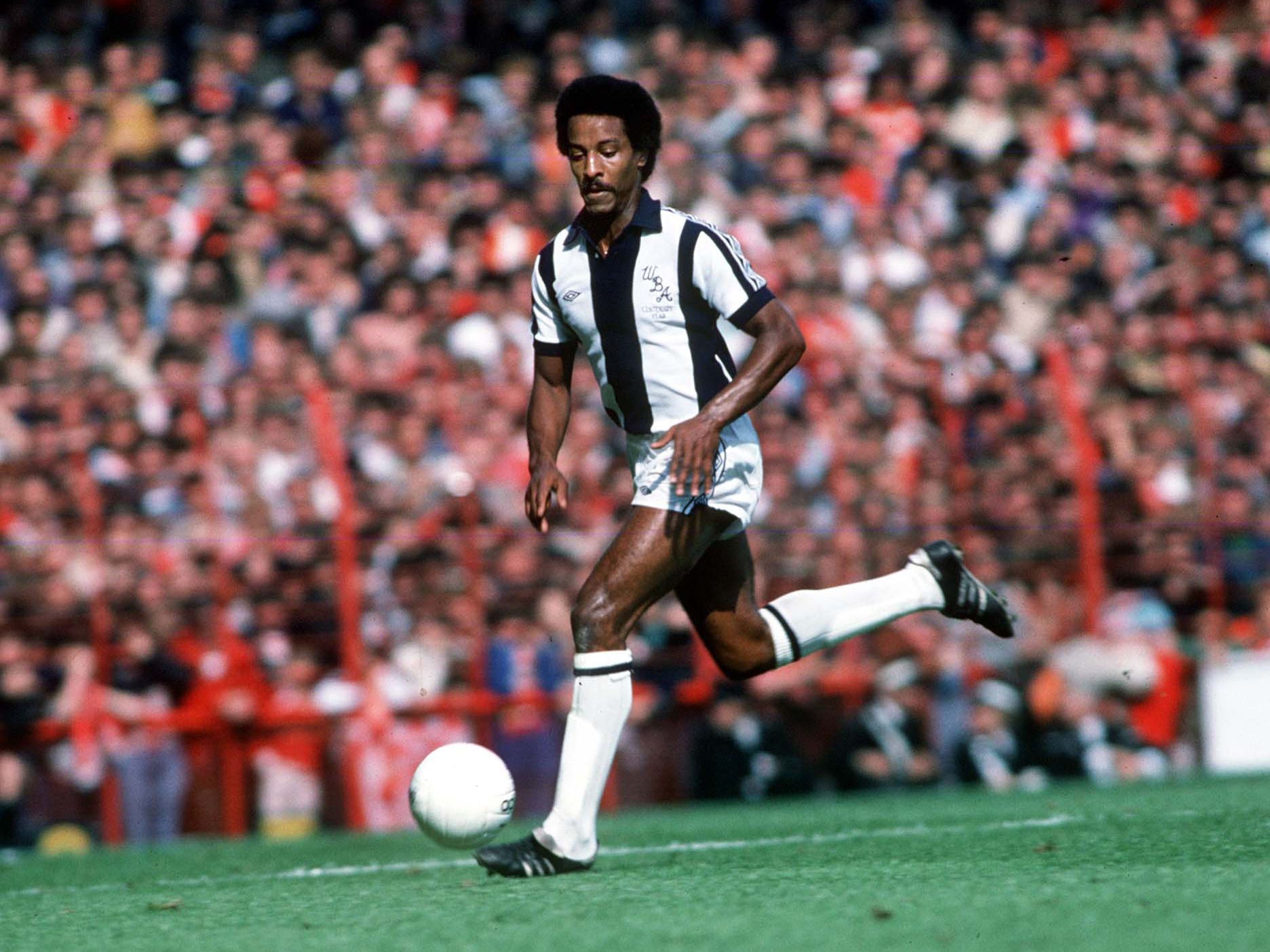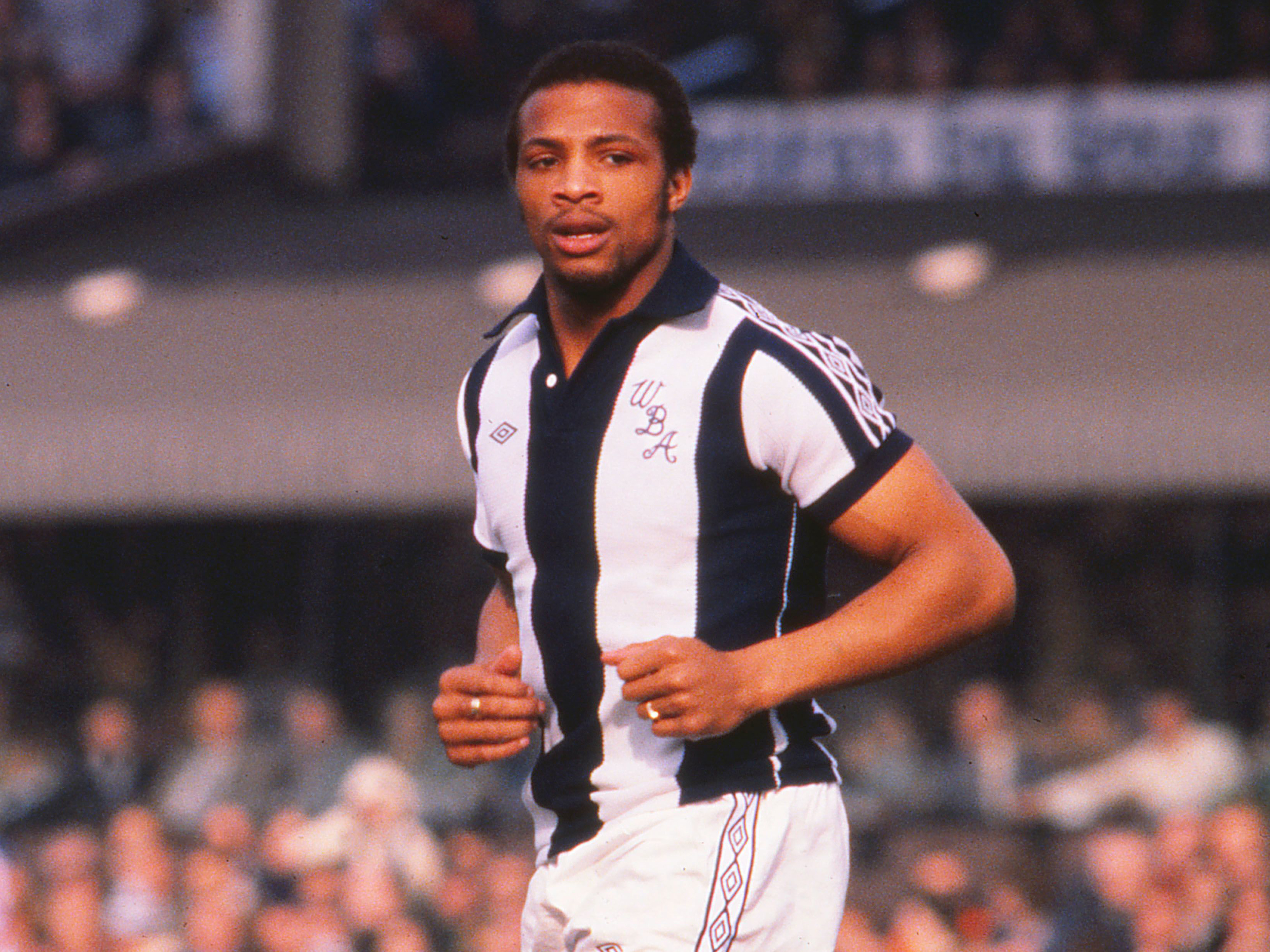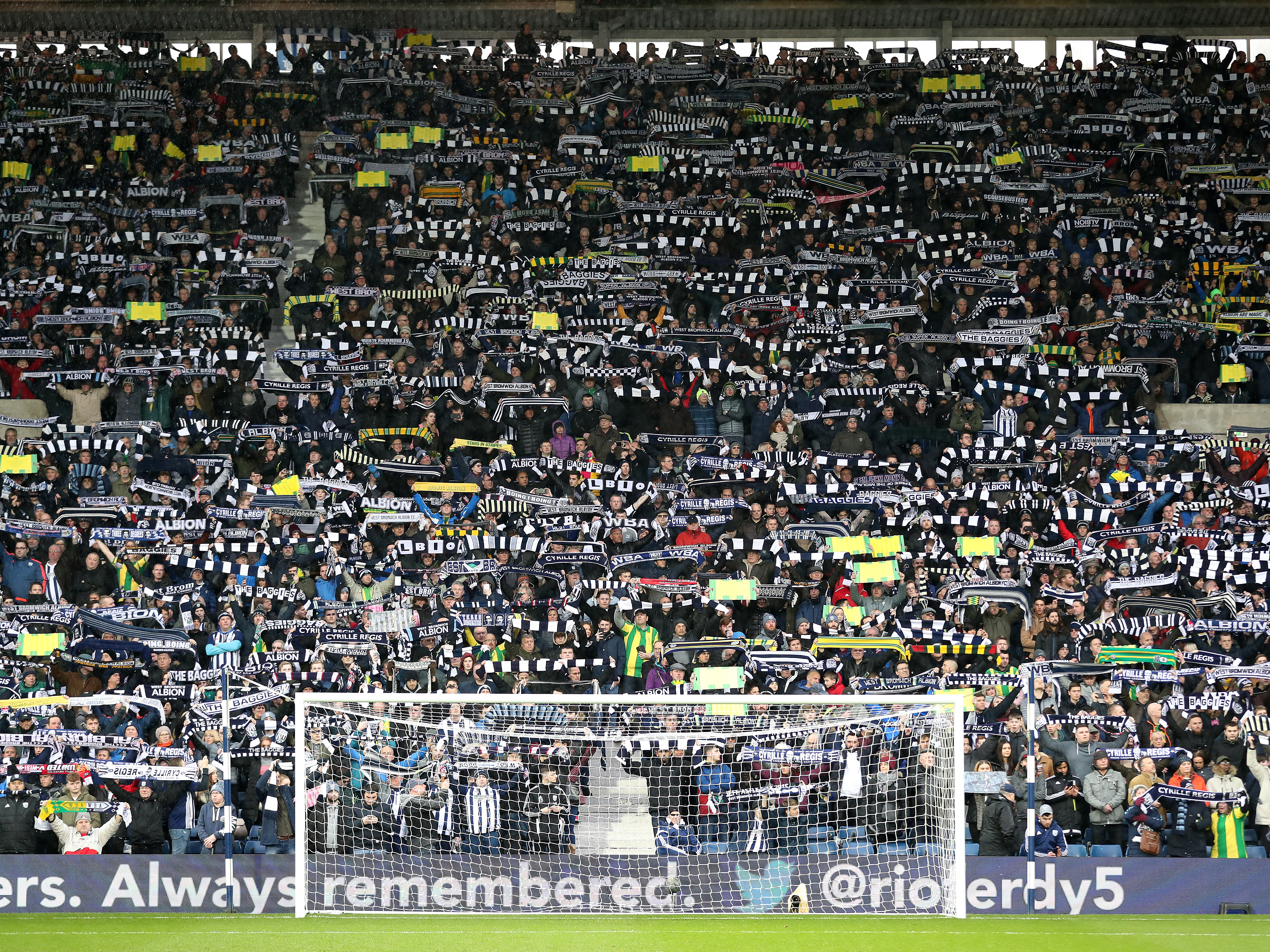Highly-respected West Bromwich Albion author and historian Dave Bowler outlines the club’s important position in the fight against racism as the Baggies continue to mark Black History Month.
In 1964, Smethwick was said to be perhaps the most racist place in England.
In 1978, 14 years and 1.3miles away, visitors to the area were exporting their racism into The Hawthorns, while West Bromwich Albion and many of its supporters, plenty from Smethwick, were fighting the good fight against it.
History is weird, isn't it?
Before we got further, I should note that some of what follows might turn the stomach. But then the fight for equality never has been a sweet and cuddly thing. Equality is hard earned, in the face of savage opposition and the home truths that Black History Month addresses are not always comfortable. So, let’s begin.

Go back to 1964 and a General Election was being fought. Smethwick, a Labour stronghold since the war, went to the Conservative party in the face of a national swing in the other direction. Why? The switch was widely attributed to a local Conservative slogan: “If you want a n***** for a neighbour, vote Labour”.
1968 and Enoch Powell made his famous “rivers of blood” speech in Birmingham, at the bottom of the Soho Road that takes up into the light and the shining city on the hill that is the shrine.
1978, The Hawthorns. Laurie Cunningham gets the ball and starts on his mesmerizing way towards the Smethwick End, full of away supporters. “Pull the trigger, shoot the n*****” goes the chant from thousands of voices, only to be drowned out by 25,000 Albion fans singing, “Laurie, Laurie Cunningham”.

What caused this sea change? Enlightenment of some kind, that had perhaps been happening over the years since the embarrassment of 1964 when the MP, and by extension his constituency, was proclaimed a pariah. But I doubt it was that gradual. The thunder of enlightenment rumbled over West Bromwich with the arrival of Laurie Cunningham, before the lightning flash that accompanied Cyrille Regis’ emergence, reinforced by the signing of Brendon Batson.
Nearly 50 years on, it seems to me that the impact of the “Three Degrees” has been both overplayed and underestimated. In pure footballing terms, there was no philanthropy at work here. We did not bring these men to The Hawthorns because they were black. They wore the stripes because they could play, and play wonderfully well. Football doesn’t do sentiment. It can’t afford to when everything revolves around winning, though in passing, I should point out that at the same time, there were plenty of other clubs who inexplicably couldn't find any black players good enough to play for them.

What was really remarkable was what went on on the other side of the touchline. Seizing on the lead that the football club had given, the environs of The Hawthorns became a breeding ground for something that was wholly unexpected and wildly thrilling. For as the National Front – the BNP of their day – began to target Albion games as recruiting grounds, simply because we had three such highly visible black men in our team, Albion supporters began telling them where to go, and often not that politely. Rather than being a fertile recruitment ground for the racists who wanted to recruit more foul mouths and more banana throwers to their oafish cause, it was the Anti-Nazi League who were gaining ground in Halfords Lane.
It’s only natural that Albion fans wanted to protect their own, Cyrille, Laurie and Brendon. The more significant point was that, for the most part, the Throstletariat did it not just by supporting them, but by refusing to turn on black players in opposition teams, certainly not in the concerted way that the support at other clubs did. You can never legislate for the individual racist who is going to say or do something, but in my memory, there were never 10,000 Albion fans singing, ‘Pull that trigger…’ That seems a feature of the Three Degrees’ story that is underestimated and immeasurably more important. In that regard, Cyrille, Laurie and Brendon, the Albion and the Baggies fans changed this country for the better, and never let that be forgotten.

Albion have continued to be central to that fight, most notably in the tireless work that the club has done in the local community, and it is that which has been the most significant story of the last 30 years. The Football in the Community department, superseded by the Foundation has taken the core message of equality and diversity out to our community with ceaseless energy and intelligence. They are shaping the future and the work they do in local schools on a daily basis underlines the message that the colour of your skin matters not, it’s the contents of your brain and you heart that matters most
The club’s commitment to the creed of equality that was set down in 1978 was reinforced earlier this year when the Cyrille Regis Legacy Trust was named as Albion’s official charity partner. The yellow and green away kit that features the charity’s logo and quotes from Cyrille is both a reminder of the work done and the distance we still have to go. We were reminded of that, all too close to home, with the social media attack on Romaine Sawyers in January 2021 that ended with a man being jailed. Sawyers’ determination to see that case through to prosecution when it would have been easier to simply keep his head down marks him down as a character to rank with those early pioneers who rose above the chants and the banana throwing to create a game that looked markedly different. This war is never won, but you can win the everyday battles. And win we must.
